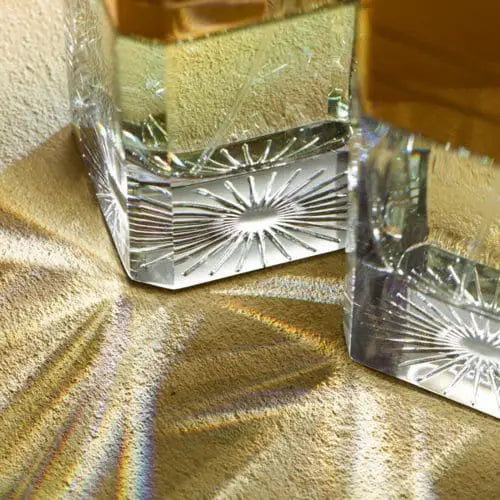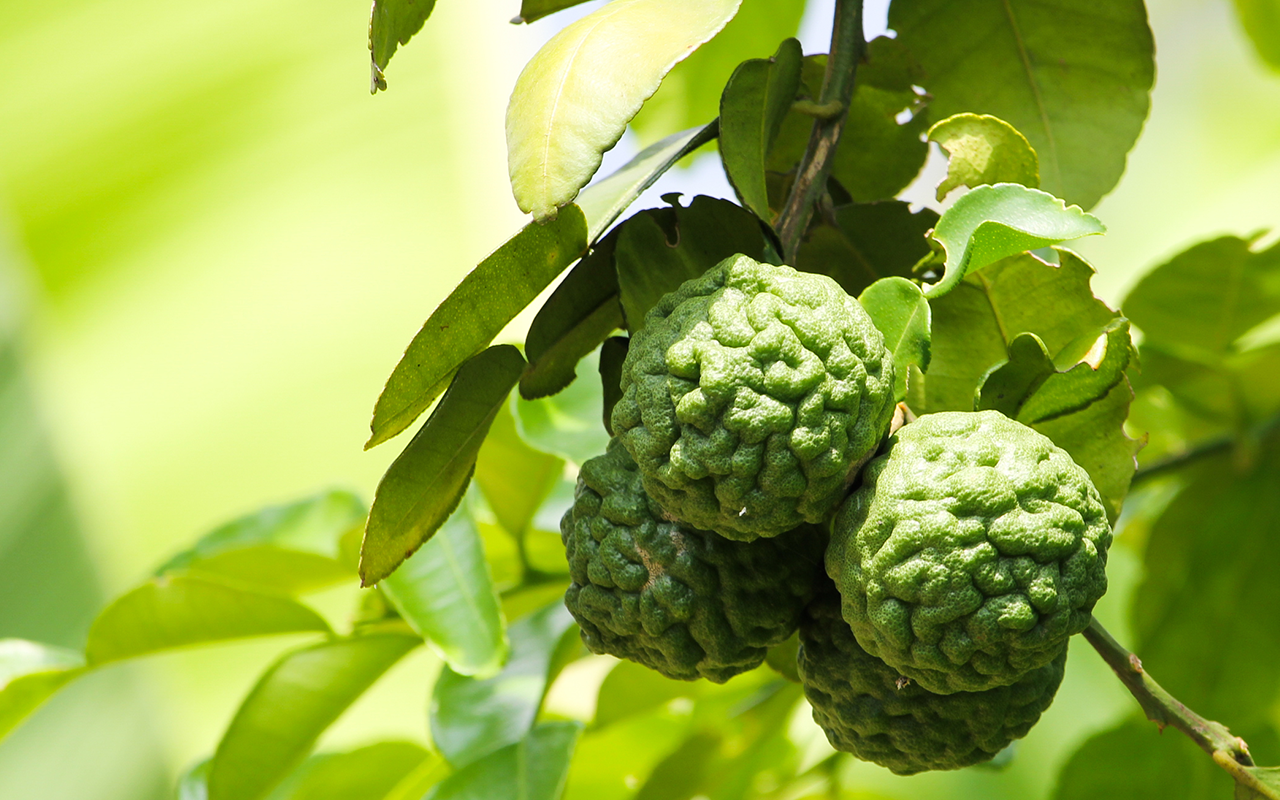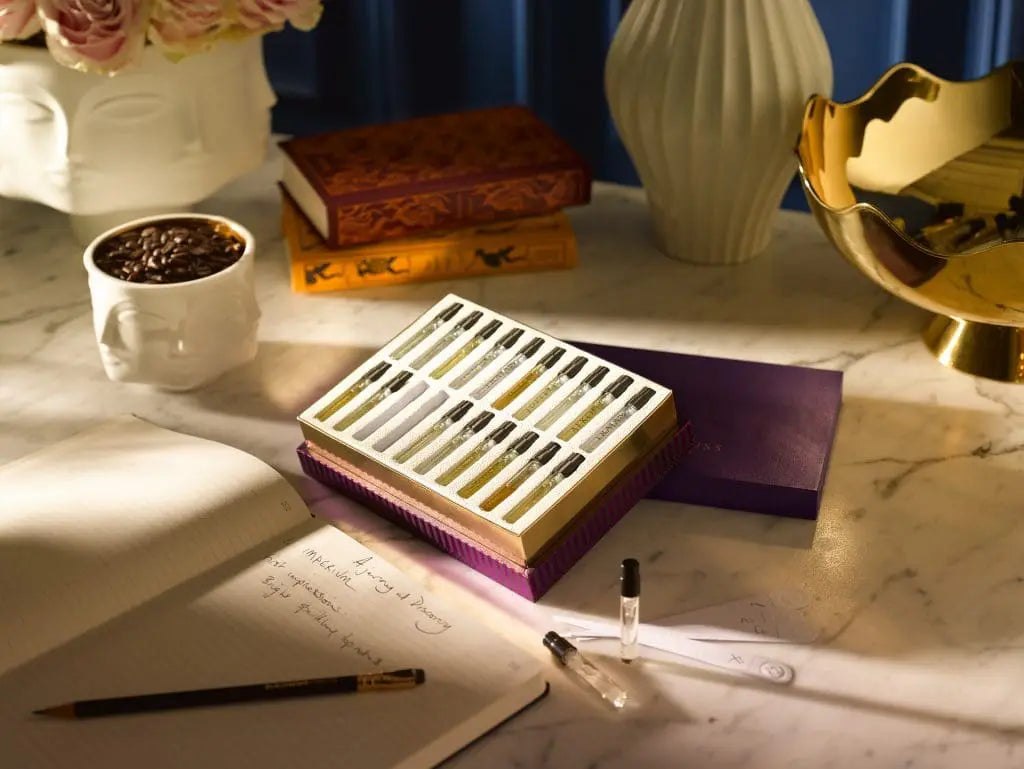What defines a niche fragrance brand?

In essence, to be a niche fragrance brand means ensuring originality, passion and the art of our craft.
A niche brand by definition means a specialist skill or a brand creating something to appeal to a specialised segment of a market. The landscape of niche fragrance brands has really changed over the last five years, now much more widely available so is niche still niche? And if so what is it?
So what is ‘niche’?
The increasing popularity of ‘niche’ fragrances has made us re-consider the nature and role of this specialist – and much loved – corner of perfumery. While they defy any strict definition, niche brands historically favour creative freedom over trends, and pride themselves on smaller runs of creations by master perfumers who work with quality ingredients in higher concentrations.
For us niche perfumery is not a commodity so much as an art form. These passion projects have a clearly defined source of inspiration (Electimuss looks to the Roman world, for example) and lean heavily on vivid storytelling or other art forms to create a multi-sensory experience. But how did this boutique approach enter the mainstream and end up competing with international fashion houses?
A designer lifestyle
Couturier Paul Poiret conceived the first designer fragrance brand with Les Parfums de Rosine in 1911 but it was Coco Chanel, the unapologetic visionary, that cemented the marriage between scent and style ten years later with Chanel No 5. She proclaimed that perfume was “the unseen, unforgettable, ultimate accessory of fashion” and, since then, advances in chemistry, manufacturing and branding have created an industry that market researchers Euromonitor predict will be worth $52 billion by 2025. A large portion of that figure belongs to fashion houses who now regard fragrance as a natural extension of their brand.
Whatever you feel about the bestsellers of the 90s, the likes of Le Mâle (Gaultier), Angel (Mugler), CK One (Calvin Klein) and L’Eau de Issey (Issey Miyake) exemplify the overlap between fashion and fragrance that peaked at the end of the last millennium. Much like a Birkin bag or a Santos watch, there was a time when these designer fragrances signalled a belonging. They were instantly identifiable and broadcast to the world an aspirational lifestyle but at an affordable price point. Put differently, designer fragrances presented an economically viable entry point to a luxury fashion house. A Gucci suit might have been off limits for most consumers but a bottle of Guilty was almost certainly within reach.
The dawn of a new era
With the advent of the new millennium came a sea change. The designer fragrance market had morphed into a commercial endeavour and, as a result, became somewhat homogenised. Most of the big fashion houses began outsourcing their creatives and came to rely on celebrities and mass market sellers to stay relevant in what was becoming an increasingly crowded market. Like radio-friendly music, the formula for a popular scent had been ‘cracked’ and with it went much of the mystery, individuality and originality.
A growing appetite for variety, creativity and personal expression paved the way for what became known as niche perfumery.
Where to discover and buy niche perfumes
If designer fragrances signalled belonging and conformity, niche perfumes broadcast individuality and self-expression. They were part of a move towards conspicuous consumerism. Wearing a niche fragrance suggests a discerning sense of style and, most importantly, a desire to own or wear something that isn’t widely available.
But with the advent of social media, beauty editors looking for the new and undiscovered and a much broader range of retailers and department stores stocking niche, niche is no longer hard to find.
Specialist boutiques can be found online and IRL (see our network of specialist retailers). Aimed at discerning connoisseurs, fragrance enthusiasts and luxury consumers, independent retailers worldwide such as Maxaroma, Jovoy, April, Luckyscent, Atelier Perfumery and the parfumeries of Europe and the Middle East discover and champion the smaller brands – as well as stock the more established niche brands. They hire and train their staff who in turn share their passion and knowledge of perfume with customers providing exceptional service and advice.
Plus there is a fast growing digital community of enthusiasts, perfume connoisseurs and influencers. Niche brands appeal to these growing communities keen to share their opinion and knowledge with each other: ‘fragfams’, ‘perfumistas’, ‘fragheads’, perfume vloggers, beauty influencers, individual collectors and enthusiasts and discover and share new perfumes.
Navigating niche, can niche be mass?
Given that the niche fragrances are more widely accessible, and now that some of the most prominent and trailblazing niche brands like L’Artisan Parfumeur, Éditions de Parfums Frédéric Malle, Jo Malone and Le Labo are owned by international corporations and global giants, it raises the question: what is niche today?
As with any art form, there are multiple subcategories to niche perfumery. Indie fragrances are privately owned brands that commission specific perfumers for each project. Artisan brands, by contrast, do everything in-house.
So does ‘niche’ come down to being an independent business? Although that is where niche brands began we would argue that the brands owned by bigger corporations absolutely still represent the niche category. So is it about price? Again, we don’t think so, because whilst niche fragrances tend to represent the most expensive perfumes on the market, some niche and indie fragrances are in the same price category as more mass market fashion and celebrity brands. So if it’s not about independence price, scale or rarity, what is niche perfumery
Quality, originality, passion and creativity
In the end we can only speak for ourselves and for us, to be a niche brand means ensuring originality, passion and the art of our craft. The provenance and quality of ingredients is paramount as well as the high dilutions and our obsession with performance, projection and longevity. Each perfume is meticulously crafted to unfurl subtle throughout the wear. The design of each fragrance means that the top, middle and base notes work in a beautiful harmony. And storytelling is at the heart of each fragrance. Every perfume is a creative exploration with a story to tell.
Each is an original masterpieces designed for individuals who appreciate and love perfume by working with the best noses. Each perfumer we work with delights in the process of bringing narratives to life through the medium of scent.
There are five fragrance pillars that hold underpinning every perfume Electimuss create:
Epicurean
We want to create sensual joy through perfume.
Daring
In two ways, we want to dare to explore the new and different, and also to create daring fragrances that attract attention.
Urbane
Polished and refined luxury.
Passionate
Perfume is our playground and we want to share our passion with everyone who experiences Electimuss. We don’t expect everyone to love all our fragrances, but we want everyone to enjoy the exploration.
Decadent
Our fragrances are high sillage and fantastic projection and longevity, and use only the highest quality ingredients.
Scent Portraits …
The most important thing to remember is that one person’s olfactory elixir will be another person’s skunk so always trust your own nose. Perfume is our playground and of one thing we are certain: that to explore niche perfumery will bring joy and colour, new textures and fresh experiences to your life. We hope you enjoy the olfactory journey and use scent to express yourself in different moods, seasons and occasions. Create your own Scent Portrait everyday.



